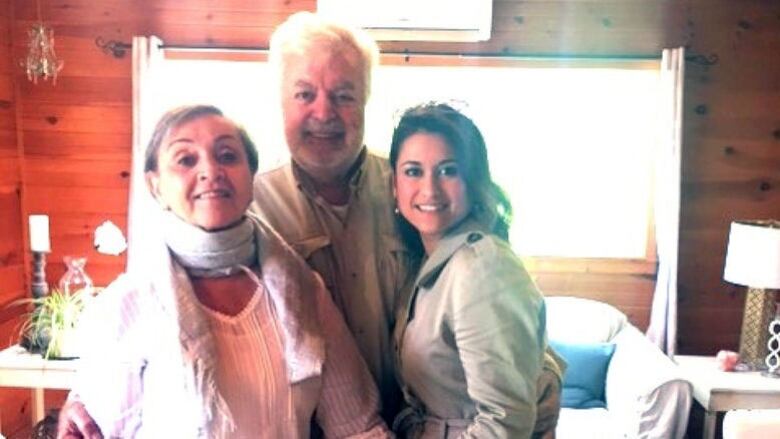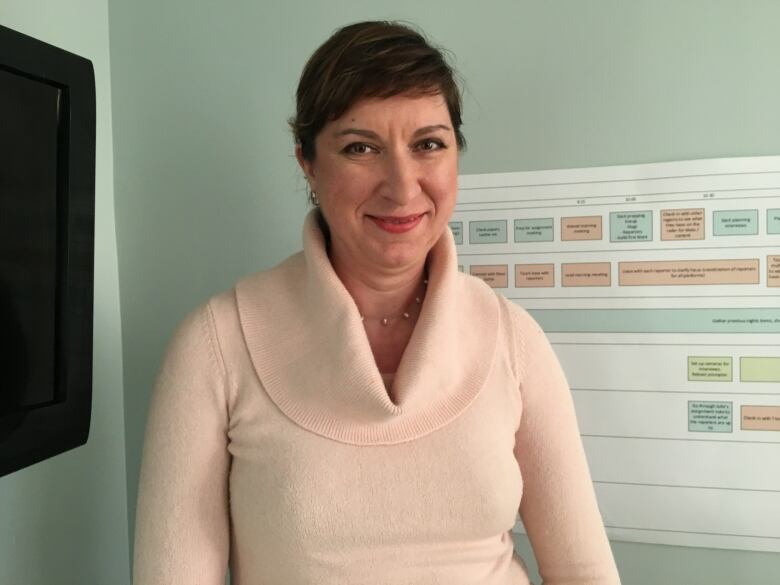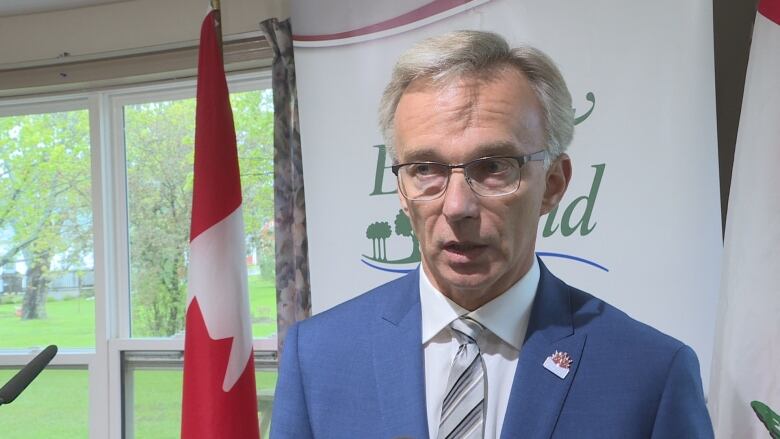For many P.E.I. immigrants, life with family depends on luck of the draw
Immigrants compete through a lottery to reunite with parents and grandparents

Life might get a whole lot better for Thamara Devries next month. Her grandparents might finally leave Venezuela and join her family on P.E.I. Her three children might have great-grandparents to dote on them.
It all depends on the luck of the draw.
Devries is one of several Island immigrants hoping to win a lottery next month where the prize is the chance to be reunited with their parents and grandparents.
"They are from Venezuela and the situation there is very difficult and dangerous," said Devries, a real estate agent who has lived on P.E.I. with her husband and children for seven years.
"My whole family have left the countryand they are alone in a house that's not secure."
Devries said the process can be nerve-racking.
'Idon't feel you have much of a chance'
"It used to be first come, first served. Now you have 30 days to make the applicationand by the end they pick your name out of a hat," she said.
"Idon't feel you have much of a chance. But I would love to sponsor them. They are in their 70s, they make a huge difference in my family andit would be good for my children."
After many complaints, the federal government in 2016 relaunched the family reunification lottery and doubled the number of people sponsored to 10,000.

"There was ahuge backlog, andanyone who applied had to pay substantial fees," said Charlottetown MP Sean Casey. "Those wholived close to the processing centre in Mississaugahad an advantage. Those who could afford courier fees had an advantage. There wasa real inherent unfairness, especially for those outside Mississauga, like P.E.I."
Super visa another option
Casey said his Charlottetown office gets inquiries about immigration all the time. He said another option to the lottery: parents and grandparents of Canadian citizens or permanent residents can apply for a super visa. Itallows them to extend a visit for up to two years. A10-year multiple-entry visa allows several visits of up to six months at a time.
Elena Herweyer's mother is on P.E.I. from the Ukraine thanks to a super visa. But unless she wins the lottery, she knows the time will come when she has to say goodbye again.
This is life, not a lottery.- Elena Herweyer
"My mom can stay for two years but then has to leave the country and we don't have any relativesin Ukraine.She's 70 years old,it's extra expenses and it's not easy for a retired person," said Herweyer, the owner of graphics firm Art-Fresh moved to P.E.I. eight years ago to join her husband.
Sponsors have to provide tax records for three years and other documents to prove they can support their relative.
"Ithink this is a very difficult situation for families," Herweyer said. "In Ukraine thesituation, economical and political, is still not easy. Really this is life, not a lottery. The process should be more individual and would be more fair."
10,000 chosen
After the Jan. 31 application deadline,the Department ofImmigration,Refugees and Citizenship Canada will randomly pick 10,000 prospective sponsorsand invite them to complete the full application for the Parent and Grandparent Program.

Casey said P.E.I. has fared well in the past and is hopeful for the new applicants.
"The number that have come in is 100 for last year and 65 the previous two years. P.E.I. is one half of one per cent of the Canadian population so we're at double what we would be on a per capita basis."
- MORE P.E.I. NEWS | UPEI student athlete revered for 'amazing' commitment to classroom and community
- MORE P.E.I. NEWS | Nature Conservancy of Canada expands on P.E.I. with land purchase












_(720p).jpg)


 OFFICIAL HD MUSIC VIDEO.jpg)
.jpg)



























































































